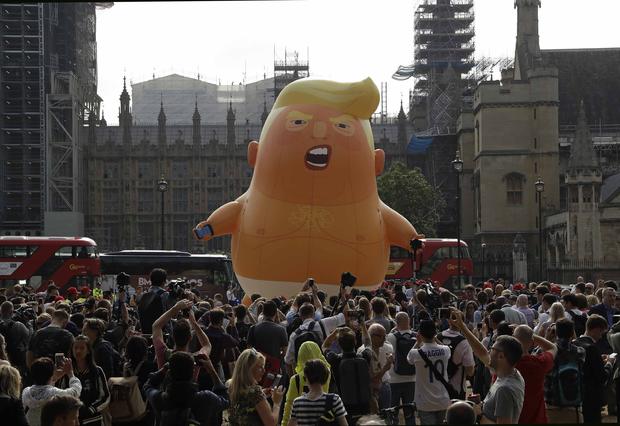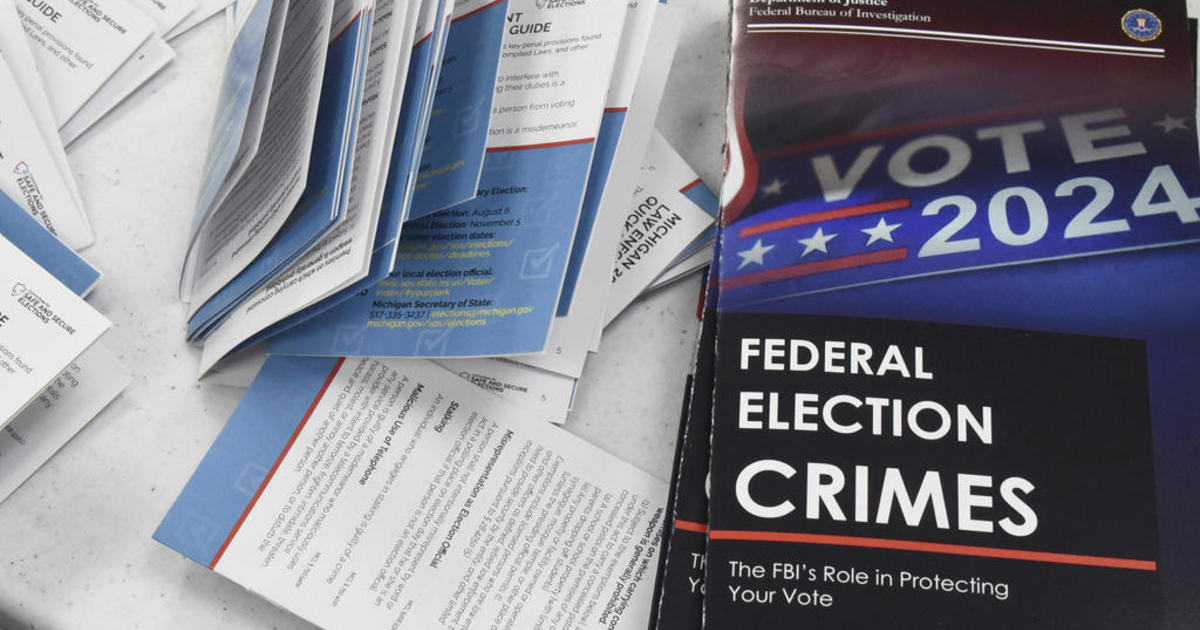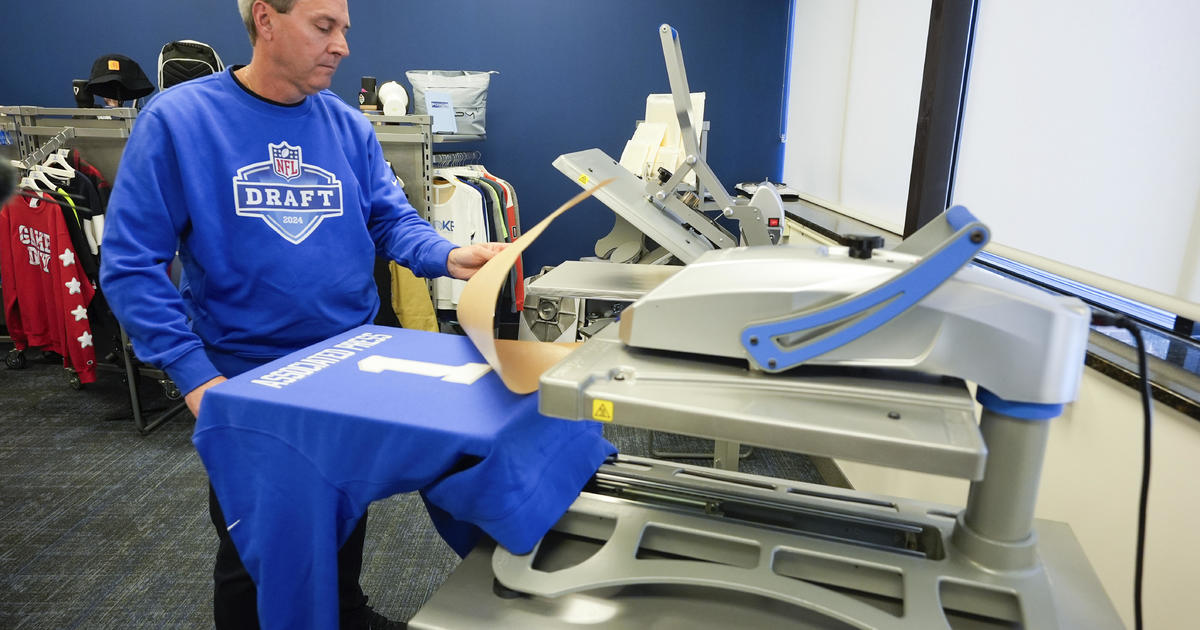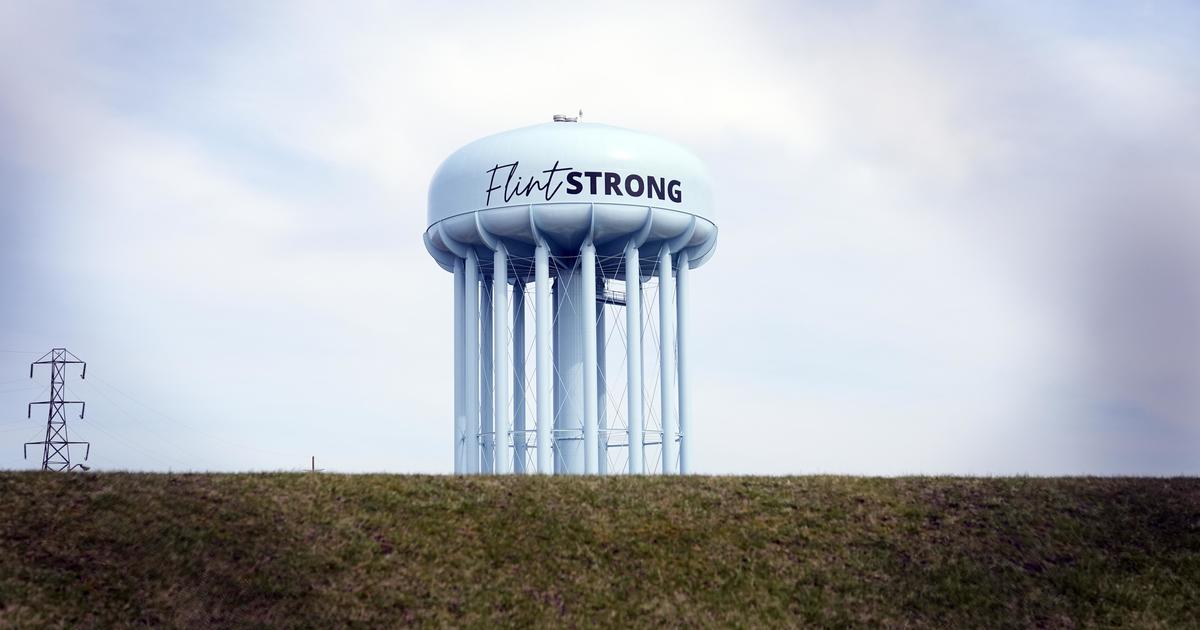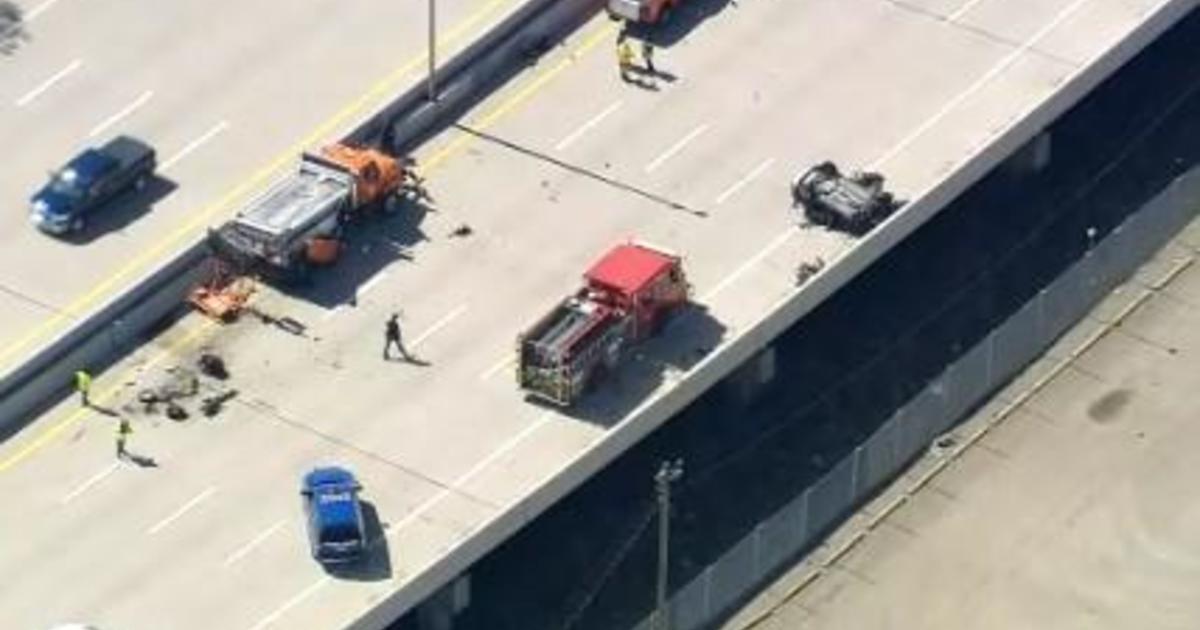Protesters Gather in London for Mass Anti-Trump Rallies
(CNN) -- Protesters have begun gathering in the UK for demonstrations against Donald Trump and his controversial policies, as the US President stayed out of central London, where the biggest rallies are expected.
The leader's schedule has been organized for him to avoid the protests, and although Trump claims he is very popular in Britain, he conceded the planned demonstrations made him feel "unwelcome" in the capital, in an interview with The Sun.
Protesters released a giant, orange-hued balloon of a "Trump Baby" in a diaper over Britain's Houses of Parliament early Friday morning, in what organizers said was an attempt to speak to the leader "in a language that he understands, which is personal insults."
At 11 a.m., protesters began gathering outside the BBC in central London's Portland Place for a separate demonstration branded "Bring the Noise," led by the Women's March London, which organized mass demonstrations in 2017 against Trump's remarks and behavior toward women. They are expecting up to 8,000 people to take part throughout the day.
"We want to let Trump know we from the UK, one of the US' biggest allies, are not OK with his policies," says Alice Stevenson, 24. "We're in solidarity with those negatively affected by Trump's policies around the world."
The rally is aimed at criticizing not only Trump's attitude toward women, but also his hardline policies, including the Muslim travel ban and the separation of migrant children from their families at the US border, the organizers said.
"Women's March London is holding a joyful day of noise and action which will serve as a timely reminder of the collective challenges the world is facing and the importance of joining together in solidarity to overcome these challenges."
Meena Patel and Shakila Maan from the organization Southall Black Sisters joined the march and said they were against Trump's child-separation policy.
"Trump's policies are akin to Nazi Germany in terms of separating children from their families," said Patel, wearing a T-shirt reading, "Do I look illegal?"
The protesters plan to march through central London and end at Parliament Square, where the Trump balloon took flight earlier, for a rally.
A larger protest by the Stop Trump organization will leave from Portland Place in the afternoon and end at Trafalgar Square in the evening, in what is billed as a "carnival of resistance" in coordination with dozens of events planned across the UK.
'I used to love London': Trump
A petition started to prevent an official state visit by Trump, after Prime Minister Theresa May invited him to the UK in 2017, gained 1.8 million signatures. The issue was debated in Parliament, where the House speaker made clear that Trump would not be given the honor of speaking in Parliament. Trump postponed his visit several times, and is now visiting the UK on a lower-level working visit. But he has still been met with plenty of pomp and ceremony, and will have high tea with Queen Elizabeth at Windsor Castle later Friday.
In his interview with the tabloid newspaper the Sun, Trump said he had soured on London and blamed Mayor Sadiq Khan for making him feel unwelcome.
Khan approved the protesters' plan to fly the Trump blimp over London earlier this month, while police in Scotland have rejected their proposal for Trump's visit to Turnberry there over the weekend.
Khan, who has a testy Twitter relationship with Trump, gave the unusual request the go-ahead after more than 10,000 people signed a petition.
"The idea that we would curtail freedom to protest, freedom of speech, because someone's feelings are hurt is laughable," Khan said Friday in an interview with CNN's Christiane Amanpour.
Trump said in his Sun interview that he "used to love London as a city."
"I haven't been there in a long time. I think your mayor has done a terrible job, but when they make you feel unwelcome, why would I stay there?
"And when I say that, I am talking about government because the people of the UK agree with me."
But Trump is not the first US President to be given a less-than-warm welcome.
Protesters took to UK streets when then-President George W. Bush and First Lady Laura came on a state visit in 2003, months after the US-led invasion of Iraq.
During that visit, tens of thousands of people joined a demonstration in central London that culminated in a rally in Trafalgar Square, at which an effigy of Bush was toppled from a plinth. The scene echoed the moment when a statue of Iraqi strongman Saddam Hussein was toppled in Baghdad's Firdos Square.
By contrast, Barack and Michelle Obama have been warmly welcomed by the British public on their trips to Britain -- as well as by the royals.
The-CNN-Wire
™ & © 2018 Cable News Network, Inc., a Time Warner Company. All rights reserved.
